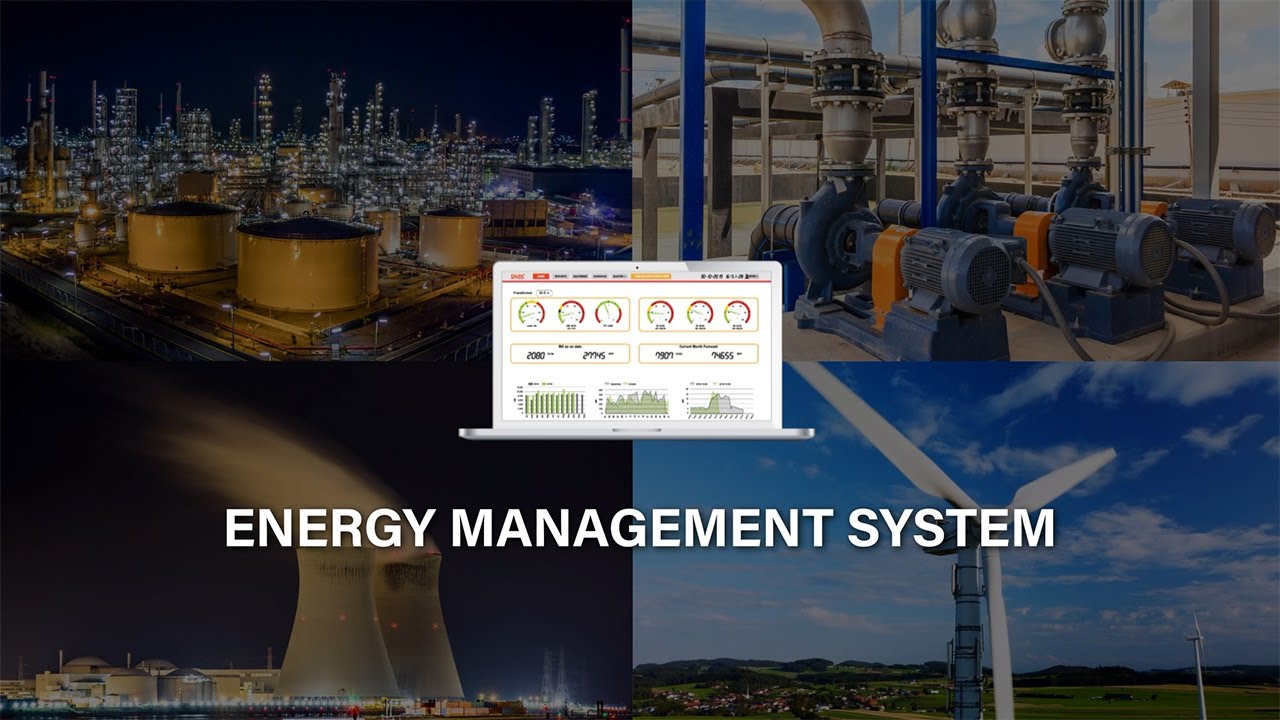In today’s industrial landscape, where efficiency and sustainability are critical to success, energy management plays a pivotal role. Real-time monitoring through advanced Energy Management Systems (EMS) has become a game-changer for industrial facilities looking to optimize their energy use and reduce costs. Leveraging real-time data not only enhances operational efficiency but also contributes to environmental sustainability, compliance with regulations, and overall business competitiveness. Here’s why real-time monitoring is crucial in energy management:
1. Enhanced Energy Efficiency
Real-time monitoring allows facilities to gain immediate visibility into their energy consumption patterns. By continuously tracking energy usage, inefficiencies are quickly identified and addressed. This process helps optimize energy use, leading to significant energy savings. Moreover, reduced energy wastage directly translates to a lower carbon footprint, aligning businesses with global sustainability goals. Energy Management Systems (EMS) provide detailed insights that empower organizations to make informed adjustments to improve overall efficiency.
2. Cost Reduction
One of the most tangible benefits of real-time energy monitoring is cost reduction. Real-time data helps pinpoint unnecessary energy consumption and peak demand charges. By adjusting operations to avoid these high-cost periods, companies can significantly lower their energy bills. This proactive approach enables facilities to shift energy use away from peak times or reduce consumption during non-essential hours, effectively minimizing energy expenses. Real-time monitoring also ensures businesses are using energy only where and when it’s needed.
3. Predictive Maintenance
Energy consumption patterns often reveal subtle signs of equipment failure long before it becomes critical. Through real-time energy monitoring, businesses can detect these patterns early, enabling predictive maintenance. Instead of waiting for machinery to break down, facilities can perform targeted maintenance to prevent unexpected failures. This not only reduces costly downtime but also extends the lifespan of equipment, leading to substantial savings in both maintenance and replacement costs.
4. Operational Optimization
Real-time monitoring provides actionable data that can be used to optimize operational processes. Facilities can adjust production schedules, machinery operation, and energy use based on actual consumption data, leading to more efficient and cost-effective operations. The ability to fine-tune operations in real-time ensures that energy is not wasted and that machinery is running at optimal levels, driving productivity and reducing operational costs.
5. Improved Regulatory Compliance
Industries are often subject to strict regulations related to energy consumption and efficiency. Real-time monitoring systems provide the detailed data necessary to ensure compliance with these regulations. By offering accurate reporting and tracking energy savings, businesses can demonstrate compliance, avoid fines, and even qualify for energy efficiency certifications. This is particularly important for industries that need to meet specific sustainability standards.
6. Energy Transparency and Accountability
Making energy use visible in real-time promotes a culture of energy awareness and accountability within an organization. When employees have access to energy consumption data, they become more conscious of energy-saving behaviors. Department-specific energy management strategies can be implemented, ensuring that every part of the facility contributes to the overall goal of reducing energy waste. This transparency encourages more responsible energy usage across all levels of the organization.
7. Enhanced Sustainability
Real-time monitoring systems contribute significantly to a company’s sustainability initiatives. By optimizing energy use and reducing waste, businesses can lower their environmental impact. Sustainable practices not only benefit the planet but also enhance a company’s reputation, positioning it as a responsible and eco-friendly business. Consumers and stakeholders are increasingly drawn to companies that prioritize sustainability, and real-time energy monitoring helps organizations meet these expectations.
8. Data-Driven Decision Making
Access to real-time energy data empowers businesses to make more informed and timely decisions. Whether it’s investing in energy-efficient technologies, adjusting production strategies, or participating in demand response programs, data-driven decision-making ensures that businesses can act quickly and accurately. Participation in demand response programs, for instance, offers financial incentives for reducing energy usage during peak times, further contributing to cost savings.
9. IoT-Based Energy Monitoring
The integration of IoT-based energy monitoring systems, such as those offered by EpiSensor, further enhances the benefits of real-time monitoring. These systems capture and analyze real-time energy data, helping businesses identify inefficiencies, predict maintenance needs, and optimize energy use across the facility. By leveraging IoT technologies, industrial facilities can achieve even greater operational efficiencies, reduce downtime, and drive significant cost savings.
Conclusion
Real-time monitoring is a vital tool in energy management, providing industrial facilities with the insights needed to optimize energy use, reduce costs, and improve operational efficiency. With EMS monitoring systems and IoT-based solutions, businesses can harness real-time data to make smarter decisions, ensure regulatory compliance, and contribute to sustainability goals. As energy costs continue to rise and environmental regulations become more stringent, the importance of real-time energy monitoring will only increase, making it a critical component of modern energy management strategies.







